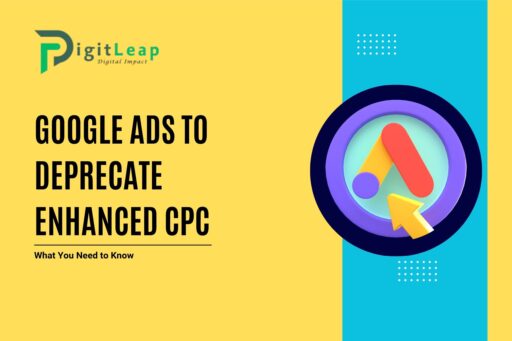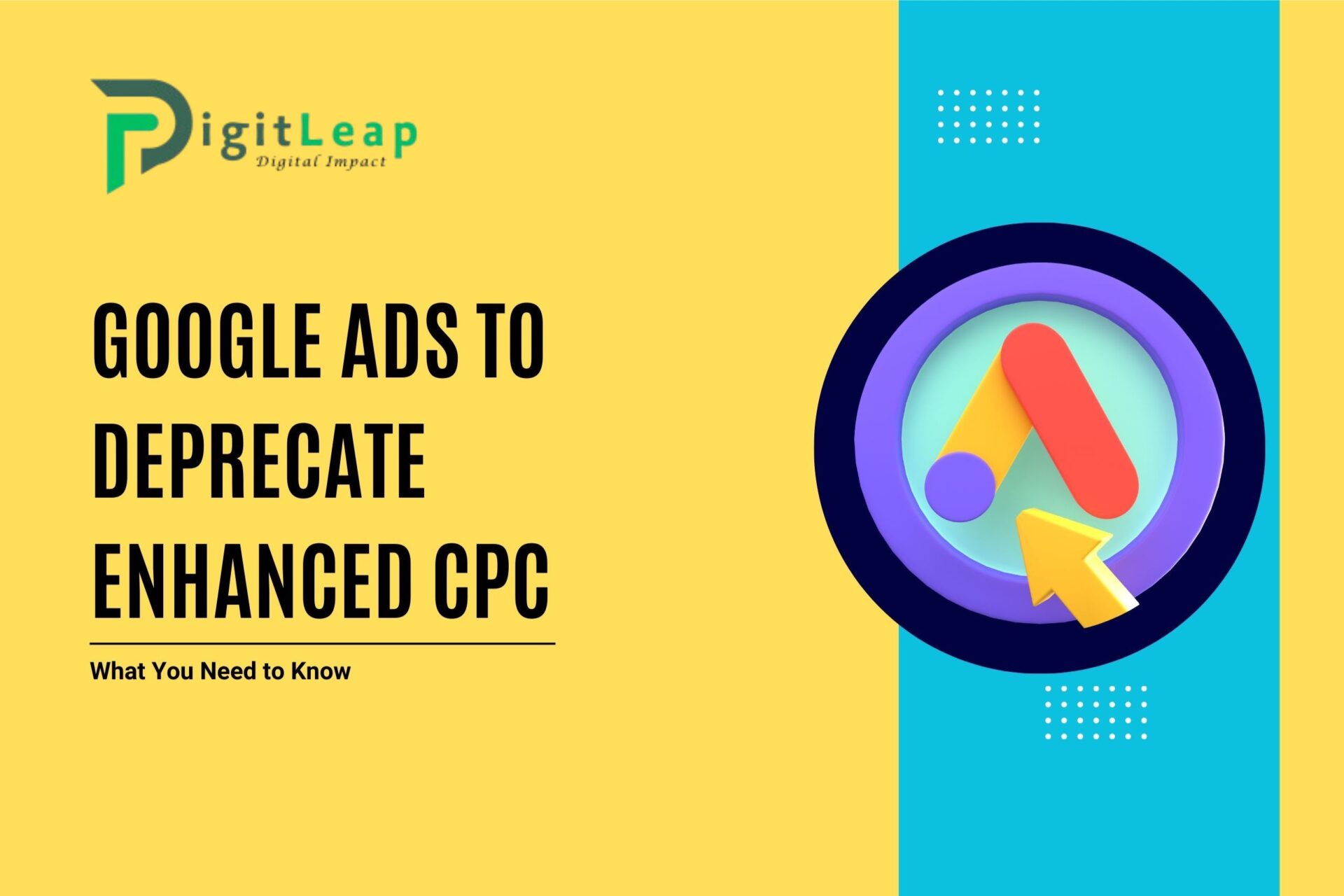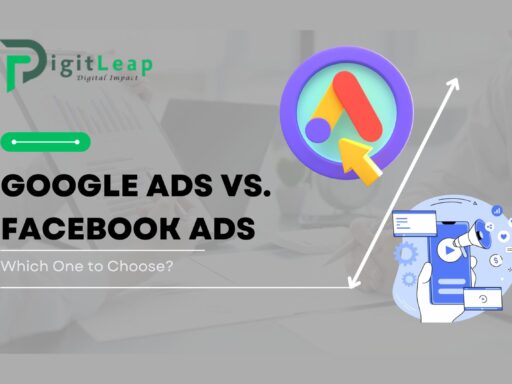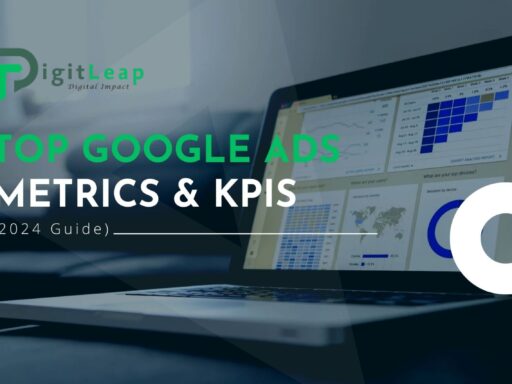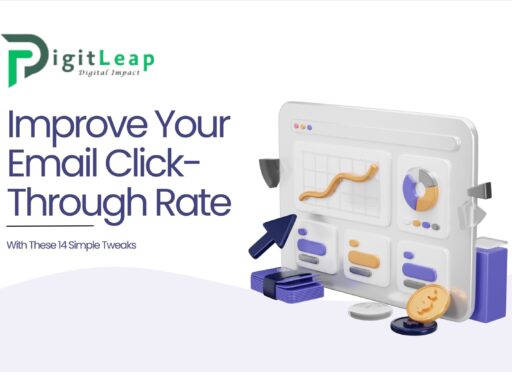Google Ads to Deprecate Enhanced CPC: What You Need to Know
Google Ads is constantly evolving, and recent updates indicate that Enhanced CPC (ECPC) is set to be deprecated. If you’ve been relying on ECPC to automatically adjust your manual bids for conversions, it’s time to re-evaluate your bidding strategy. Here’s a simple, human-friendly guide to what this change means and how you can adapt.
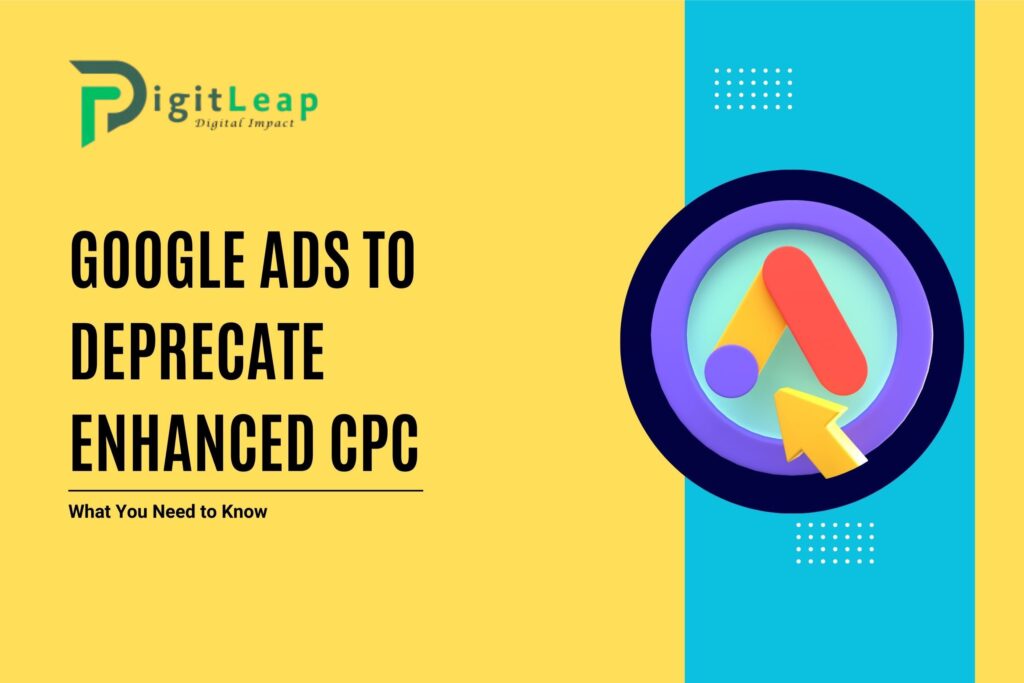
What Is Enhanced CPC?
Enhanced CPC is an automated bidding feature that adjusts your manual bids based on the likelihood of conversion. Essentially, it helps you get more value from your ad spend by increasing bids on clicks that seem more likely to lead to a sale or valuable action, while lowering bids on less promising clicks.
What Does Deprecation Mean?
Deprecation means that Google Ads will eventually phase out ECPC, and advertisers will need to switch to alternative bidding strategies. The deprecation isn’t happening overnight, so there is some time to adjust. However, it’s a clear signal that Google wants users to transition to more advanced, automated bidding systems that leverage machine learning even more effectively.
Why Is This Happening?
Google is continually refining its bidding strategies to improve performance and efficiency. With advances in AI and machine learning, more sophisticated automated bidding options—such as Target CPA (Cost Per Acquisition) or Target ROAS (Return on Ad Spend)—are proving to deliver better results. By deprecating ECPC, Google is encouraging advertisers to move towards these strategies, which can offer more precise control and potentially higher conversion rates.
How Will This Affect Your Campaigns?
If you’re currently using ECPC, you might notice a gradual change in how your bids are managed. Over time, your campaigns will rely more on fully automated strategies that adjust bids in real time based on complex signals. This shift might initially require some fine-tuning as you learn how to set your targets and monitor performance under the new system.
Steps to Prepare for the Transition
- Review Your Current Strategy:
Take a close look at your existing campaigns that use ECPC. Assess how well this strategy has been performing and identify any areas where automated bidding could potentially improve results. - Explore Alternative Bidding Options:
Consider testing other bidding strategies available in Google Ads. Options like Target CPA or Maximize Conversions can use advanced machine learning to optimize your bids, often delivering better performance with less manual oversight. - Monitor Performance Closely:
As you begin to transition, keep a close eye on your campaign metrics. Look at key performance indicators such as conversion rates, cost per acquisition, and return on ad spend to ensure that the new bidding strategy meets your goals. - Experiment and Iterate:
Don’t be afraid to run A/B tests comparing your current ECPC results with those from new automated strategies. Continuous testing will help you understand the nuances of the new systems and fine-tune your approach accordingly. - Stay Informed:
Google frequently updates its tools and best practices. Keep an eye on official announcements and industry news to stay up-to-date with any further changes that might affect your bidding strategy.
Final Thoughts
The deprecation of Enhanced CPC marks another step in Google Ads’ ongoing evolution toward more intelligent, automated solutions. By preparing now and gradually shifting to advanced bidding strategies, you can ensure that your campaigns remain competitive and effective. Embrace this change as an opportunity to harness cutting-edge technology that drives better performance and maximizes your return on investment.

